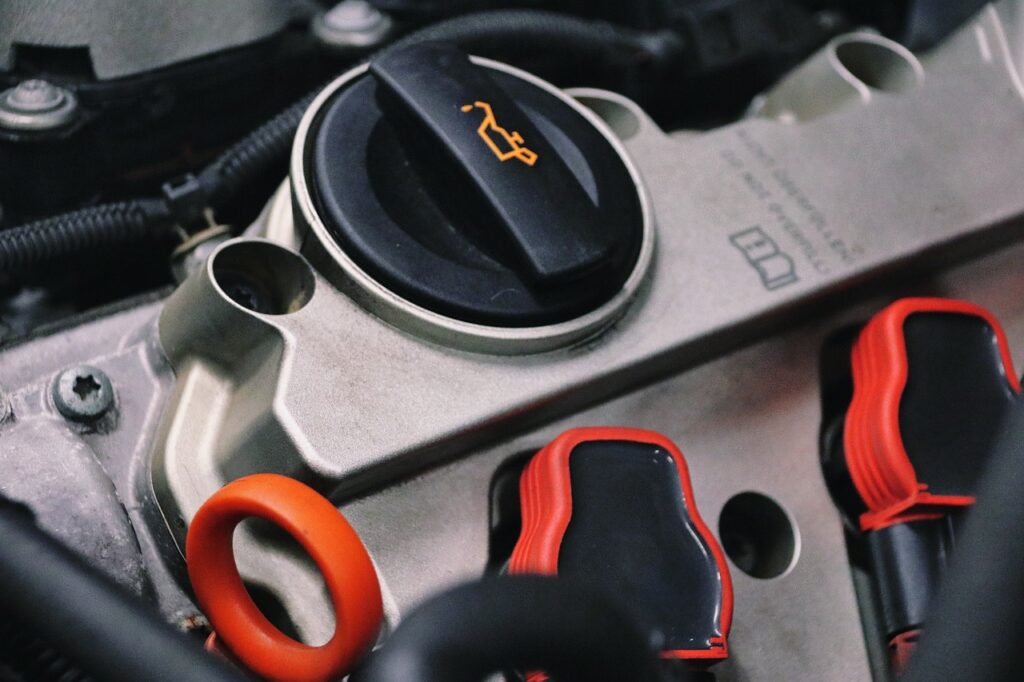Regular oil changes are one of the simplest you can do to keep your vehicle running smoothly. While actually going to get one might seem like an inconvenience or an unnecessary expense, oil changes go a long way toward helping you avoid significant problems down the road.

Below are three important reasons why keeping up with oil changes is essential.
1. They Protect Your Engine from Wear and Tear
Oil is the lifeblood of your vehicle’s engine. Oil lubricates the engine’s moving parts, reducing friction and preventing excessive wear. Over time, oil breaks down and becomes contaminated with dirt, debris, and combustion byproducts. When oil becomes dirty, it loses its ability to protect your engine. Without clean oil, metal parts can grind against each other, causing irreversible damage. Regular oil changes ensure your vehicle’s engine stays well-lubricated and protected.
2. They Improve Fuel Efficiency
Dirty oil requires an engine to work harder when it powers a vehicle. As oil thickens, it loses its effectiveness, it doesn’t flow as smoothly, which increases friction and forces your engine to expend more energy. This inefficiency can directly impact your gas mileage, costing you more at the pump. By keeping your oil fresh and clean, you allow your engine to perform at its best, saving you money on fuel in the long run.
3. They Help You Head Off Expensive Repairs
Oil changes are a simple step you can take to head off serious engine issues such as overheating or failure. Replacing or fixing an engine is one of the most expensive repairs a car owner can face… especially compared the cost of an oil change. This relatively inexpensive preventative maintenance can save you thousands of dollars in repair costs later.
Oil Changes – A Small Investment with a Big Payback
Regular oil changes are a small investment in time and money that can significantly extend the life of your vehicle. They protect your engine from damage, improve fuel efficiency, and help you avoid costly repairs. If you’re not sure when your car needs an oil change, check your owner’s manual or consult with a trusted mechanic.
